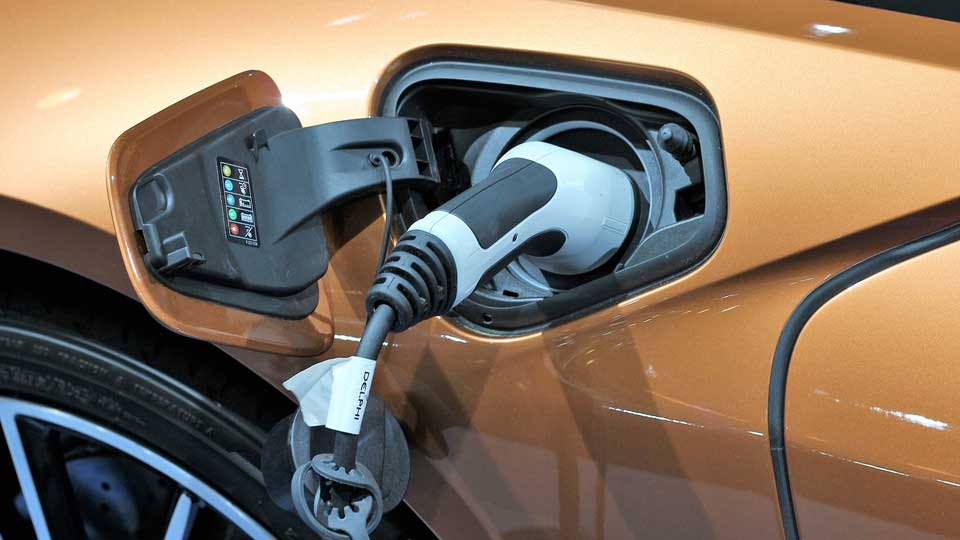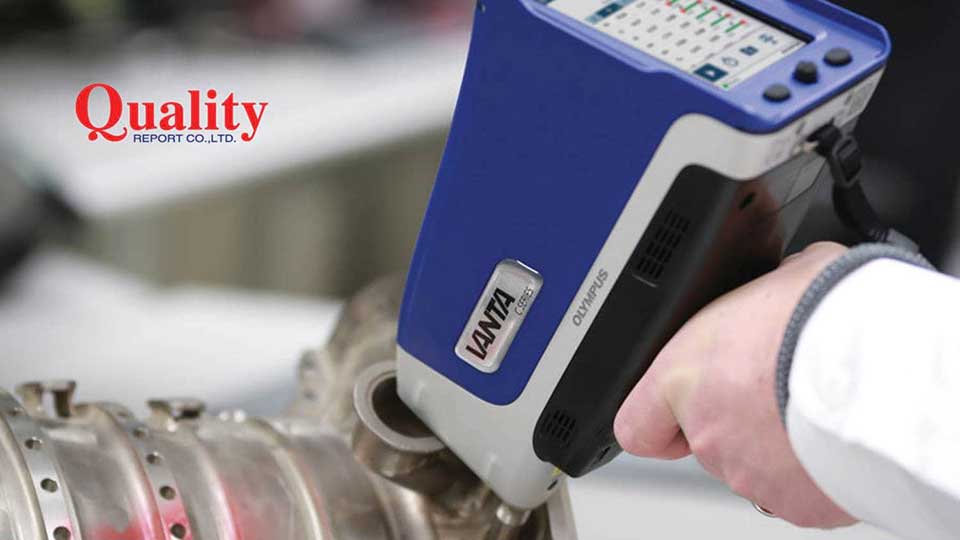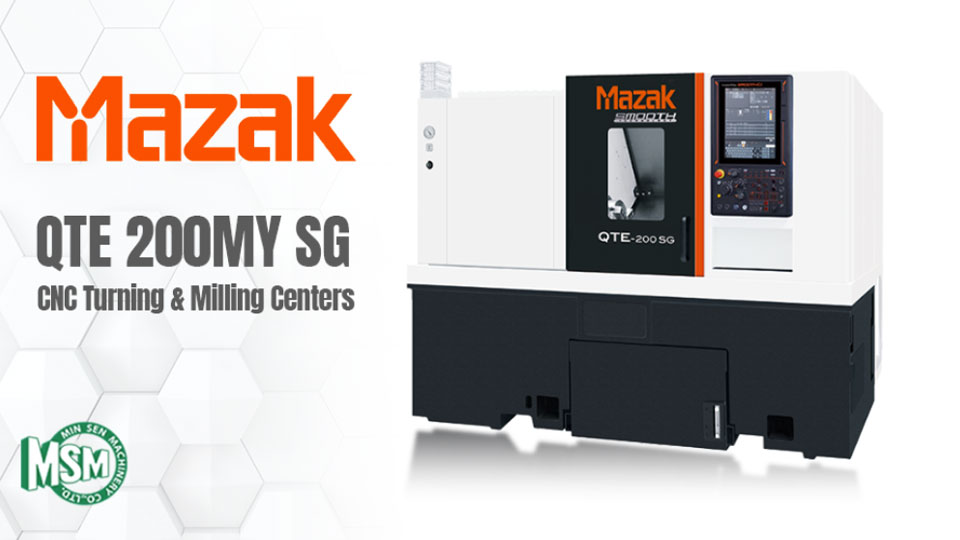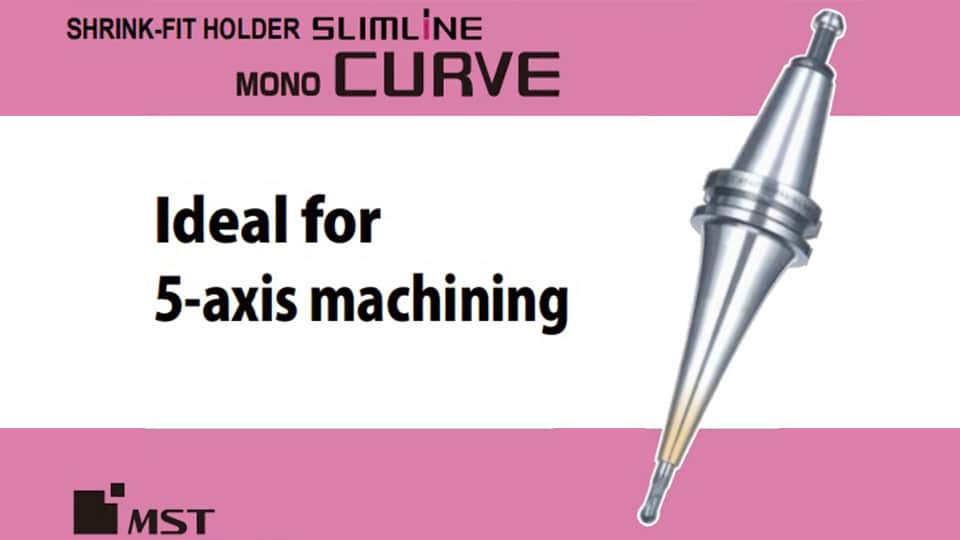
European Commission approves €2.9 billion public support for research and innovation in the battery value chain.
European Commission has approved, under EU State aid rules, a second Important Project of Common European Interest (“IPCEI”) to support research and innovation in the battery value chain. The project, called “European Battery Innovation” was jointly prepared and notified by Austria, Belgium, Croatia, Finland, France, Germany, Greece, Italy, Poland, Slovakia, Spain and Sweden.
The twelve Member States will provide up to €2.9 billion in funding in the coming years. The public funding is expected to unlock an additional €9 billion in private investments, i.e. more than three times the public support. The project complements the first IPCEI in the battery value chain that the Commission approved in December 2019.
Executive Vice-President Margrethe Vestager, in charge of competition policy, said: “For those massive innovation challenges for the European economy, the risks can be too big for just one Member State or one company to take alone. So, it makes good sense for European governments to come together to support industry in developing more innovative and sustainable batteries. Today's project is an example of how competition policy works hand in hand with innovation and competitiveness. By enabling breakthrough innovation while ensuring that limited public resources are used to crowd in private investment and that competition distortions are minimised. With significant support also comes responsibility: the public has to benefit from its investment, which is why companies receiving aid have to generate positive spillover effects across the EU.”
Vice-President Maroš Šefčovič, in charge of the European Battery Alliance, said: “Thanks to its focus on a next generation of batteries, this strong pan-European project will help revolutionise the battery market. It will also boost our strategic autonomy in a sector vital for Europe's green transition and long-term resilience. Some three years ago, the EU battery industry was hardly on the map. Today, Europe is a global battery hotspot. And by 2025, our actions under the European Battery Alliance will result in an industry robust to power at least six million electric cars each year. Our success lies in collaboration, with some 300 partnerships between industrial and scientific actors foreseen under this project alone.”
Commissioner for Internal Market Thierry Breton said: ‘“The batteries value chain plays a strategic role in meeting our ambitions in terms of clean mobility and energy storage. By establishing a complete, decarbonised and digital battery value chain in Europe, we can give our industry a competitive edge, create much needed jobs and reduce our unwanted dependencies on third countries - in short, make us more resilient. This new IPCEI proves that the European Battery Alliance, an important part of the EU industrial policy toolbox, is delivering.”
The project will cover the entire battery value chain from extraction of raw materials, design and manufacturing of battery cells and packs, and finally the recycling and disposal in a circular economy, with a strong focus on sustainability. It is expected to contribute to the development of a whole set of new technological breakthroughs, including different cell chemistries and novel production processes, and other innovations in the battery value chain, in addition to what will be achieved thanks to the first battery IPCEI.






